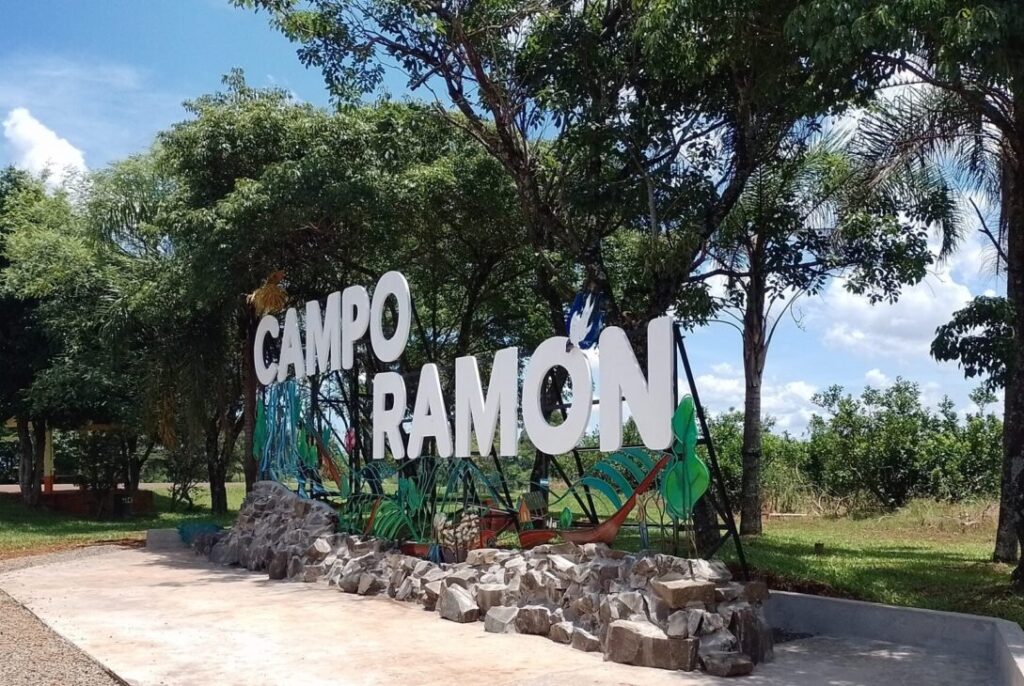Campo Ramón adds spiritual and scientific tourism

This Saturday, January 11 at 5 p.m. The Sara Elisabeth Anderson Philadelphia Campus will be inaugurated in Campo Ramón. It is a center dedicated to offering spiritual and scientific tourism under the motto “know the Bible through science.” The property will have a Training and Restoration space, Astronomical Observatory, laboratories and buildings. In particular, the astronomical observatory will have an optical telescope and a radio telescope.
In addition, this project adds a new alternative to the already existing tourist ventures in Campo Ramón and the Central Zone. In this sense, within the municipality’s tourism offer, which is oriented more toward agrotourism, the Philadelphia Campus offers a different educational tourism alternative. For this reason, this type of establishment generates special interest in schools and colleges. On the other hand, it complements an aspect of tourism that is not very developed in the area, such as astronomical contemplation.

Lorena Ozuna, head of tourism at Campo Ramón, explained to canal12misiones.com some particularities of the Philadelphia Campus. Ozuna commented that the Church has had that property for many years in Campo Ramón, and that they built it little by little.
The place has a swimming pool, an amphitheater and accommodation capacity for young people, women and men. It also has single and double rooms. It is important to note that this property has an observatory that allows astronomical observation and a meteorological center.
In this way, what the Philadelphia campus proposes is to offer a spiritual tourism proposal with workshops. At the same time, by incorporating the scientific aspect for the study of the Bible, this space offers a different experience from the proposals we have in Campo Ramón.
Ozuna emphasized this type of tourist offer and who it is aimed at. “The Philadelphia Campus offers an educational tourism option for schools and institutions. Specifically, within the modalities there is a program of two to three hours and another of four hours with the possibility of a camp, since nighttime hours are required for astronomy.”
(Visited 330 times, 1 visits today)




